
Discussing the issue of recruiting and attracting talents, delegate Ta Dinh Thi (Hanoi delegation) said that Article 17 of the Draft Law has made progress in expanding the selection and admission methods for experts, scientists, and talented people. However, to be truly effective, it is necessary to clarify and specify the criteria for "talented people" for each specific field (health, education , science and technology...), avoiding generalizations that lead to difficulty in application.
Regarding the use and promotion of talents, according to the Hanoi delegation, it is necessary to create a mechanism of maximum professional autonomy for talents. They must be empowered and given the conditions to proactively implement ideas, research projects, and innovation.
The assessment (Article 24) should be based mainly on output results and practical values they bring, instead of rigid administrative criteria; encourage connectivity and cooperation between public service units with businesses and research organizations (Article 13)... This content needs to be reviewed to ensure consistency with other relevant laws such as: Law on Science, Technology and Innovation, Law on the Capital...

Believing that the treatment regime is the key to attracting and retaining talent, delegate Ta Dinh Thi proposed that the draft Law supplement and clarify 3 points.
Firstly, the salary and income mechanism is flexible and specific (in addition to the general salary scale, it is necessary to allow units to apply a salary payment mechanism according to agreement, linked to work efficiency and specific contribution value). This is consistent with the goal of Resolution 19-NQ/TU which is "paying salary according to performance results" .
Second, on comprehensive remuneration policies: In addition to income, there should be support policies on housing, working conditions, domestic and foreign training opportunities, health care regimes, and importantly, creating a cultural environment that values talent and honors creativity.
Third, regarding specific financial mechanisms, it is necessary to clearly stipulate the budget source reserved for attracting and rewarding talents, especially in autonomous units, to ensure the feasibility of policies.

Regarding the things that civil servants are not allowed to do (Article 10), delegate Nguyen Tam Hung (Ho Chi Minh City delegation) said that the draft law has not clarified the scope of the prohibition on participating in business activities. The delegate suggested that the draft law clearly stipulate that civil servants are not allowed to invest, contribute capital, operate or guarantee for enterprises or organizations in the same field of expertise as their unit. Expanding the scope of the prohibition like this is to prevent the situation of "one foot in, one foot out", avoiding conflicts of interest, especially in the fields of health, education, and scientific research - where the boundary between public service and private interests is easily confused.
Discussing the principles of civil servant recruitment in Article 16, delegates proposed clearly stipulating that the recruitment exam must be conducted centrally, applying digital technology and connecting national data on civil servants, in order to control input quality and limit the situation of "double recruitment". Applying a transparent online exam model will create trust in society, contributing to the formation of a team of civil servants with real capacity and qualities.

Meanwhile, referring to the rights of civil servants to sign contracts to perform professional activities and business activities, delegate Nguyen Thi Viet Nga (Hai Phong city delegation) said that point b, clause 1, Article 13 allowing civil servants to contribute capital, participate in the management and operation of enterprises, cooperatives, hospitals, educational institutions, etc. is an open provision, creating opportunities for civil servants to exploit and promote their capacity and contribute to society. However, in parallel with expanding this right, the delegate proposed tightening regulations on control mechanisms and anti-corruption. Because this provision may potentially contain some risks such as conflicts of interest between positions in the public and private sectors, especially when civil servants are managers of both public and non-public units operating in the same field, leading to the abuse of positions in the public sector for the benefit of the unit they manage in the private sector.
Delegates proposed not allowing civil servants to manage, participate in the management and operation of private businesses and activities in the same field in which they are working, and to prescribe a mechanism for transparent declaration, supervision and accountability of capital contribution and management participation activities of civil servants in the private sector, especially for those who are management civil servants.

Speaking at the explanatory and acceptance report, Minister of Home Affairs Do Thanh Binh said that there were 25 opinions expressed in the hall, including 3 turns of opinions in debate. The Minister of Home Affairs clarified issues of concern to delegates such as: Scope of regulation of the draft Law; innovation of the management and use mechanism of civil servants according to job positions; allowing civil servants to sign labor contracts or service contracts to perform professional activities with agencies and organizations outside the public service unit where they work; assessment and classification of the quality of civil servants...
Thanking the National Assembly deputies for their profound and specific comments, Minister Do Thanh Binh said that immediately after this session, the drafting agency will coordinate with the National Assembly's Law Committee and Judiciary Committee, and the National Assembly Office to fully synthesize the comments to complete the draft Law, ensuring quality and progress, and report to the Government for submission to the National Assembly for approval.
Source: https://hanoimoi.vn/mo-rong-quyen-tham-gia-hoat-dong-kinh-doanh-cua-vien-chuc-gan-voi-co-che-kiem-soat-hieu-qua-723124.html



![[Photo] Deep sea sand deposits, ancient wooden ship An Bang faces the risk of being buried again](https://vphoto.vietnam.vn/thumb/1200x675/vietnam/resource/IMAGE/2025/11/13/1763033175715_ndo_br_thuyen-1-jpg.webp)




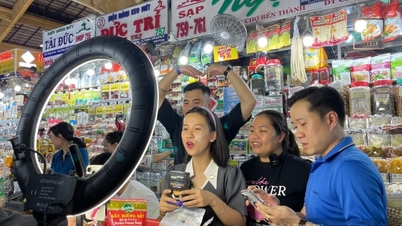

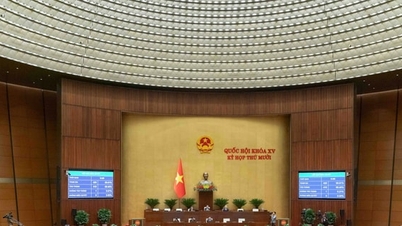


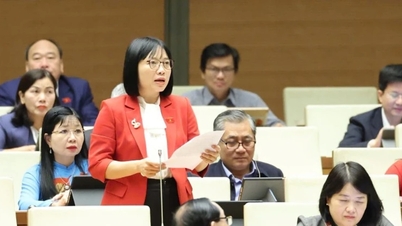

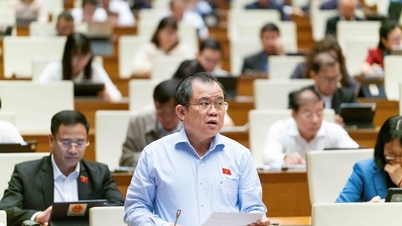

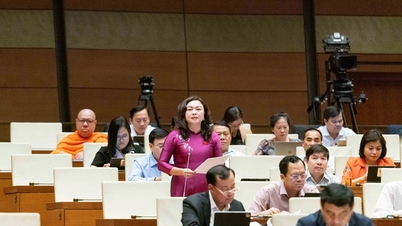
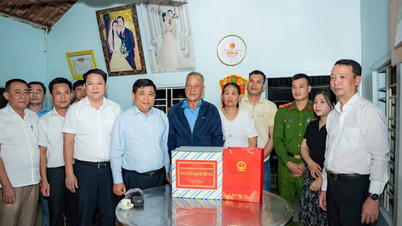

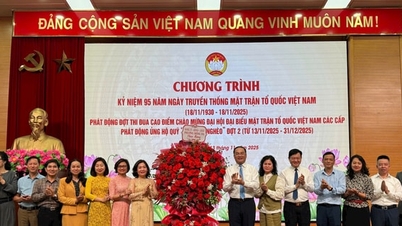
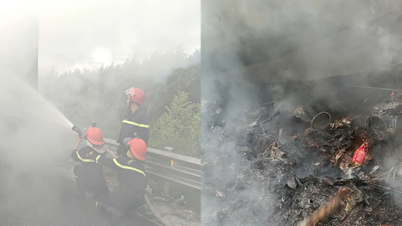
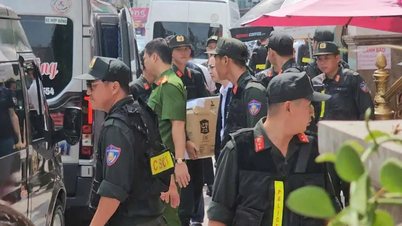

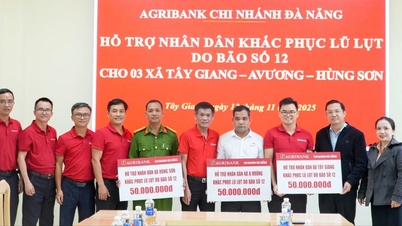






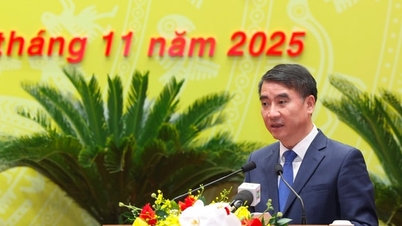
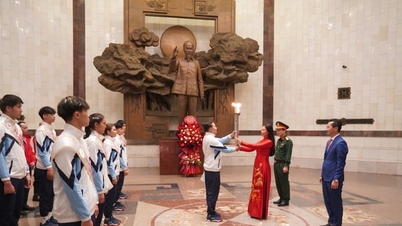
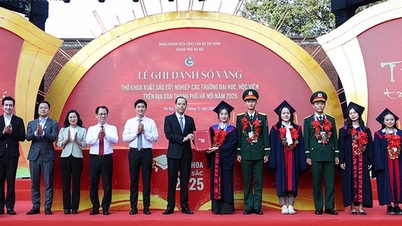
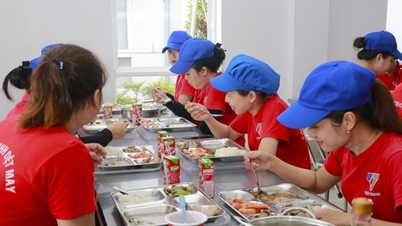









































![[Photo] Panorama of the 2nd Vietnam-Cambodia Border Defense Friendship Exchange](https://vphoto.vietnam.vn/thumb/402x226/vietnam/resource/IMAGE/2025/11/13/1763033233033_image.jpeg)
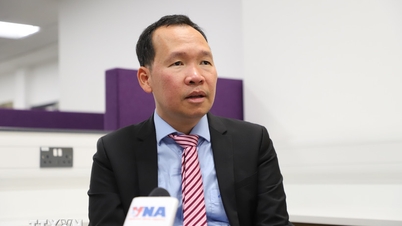

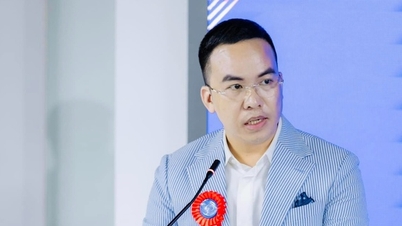
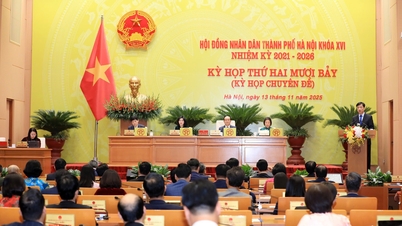

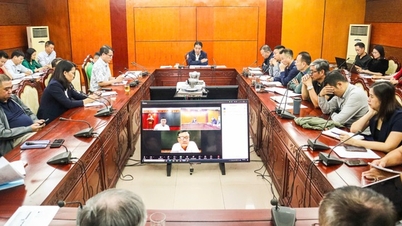

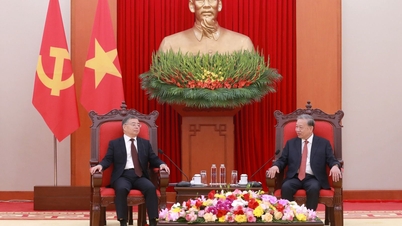
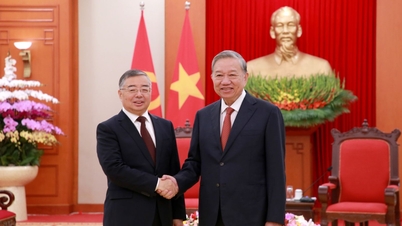
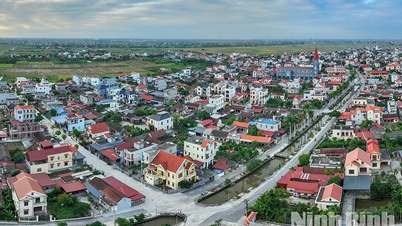

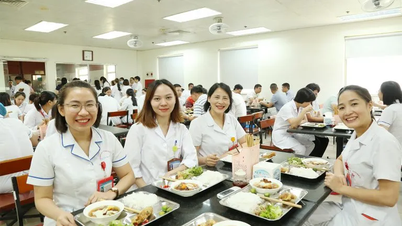




![Dong Nai OCOP transition: [Article 3] Linking tourism with OCOP product consumption](https://vphoto.vietnam.vn/thumb/402x226/vietnam/resource/IMAGE/2025/11/10/1762739199309_1324-2740-7_n-162543_981.jpeg)



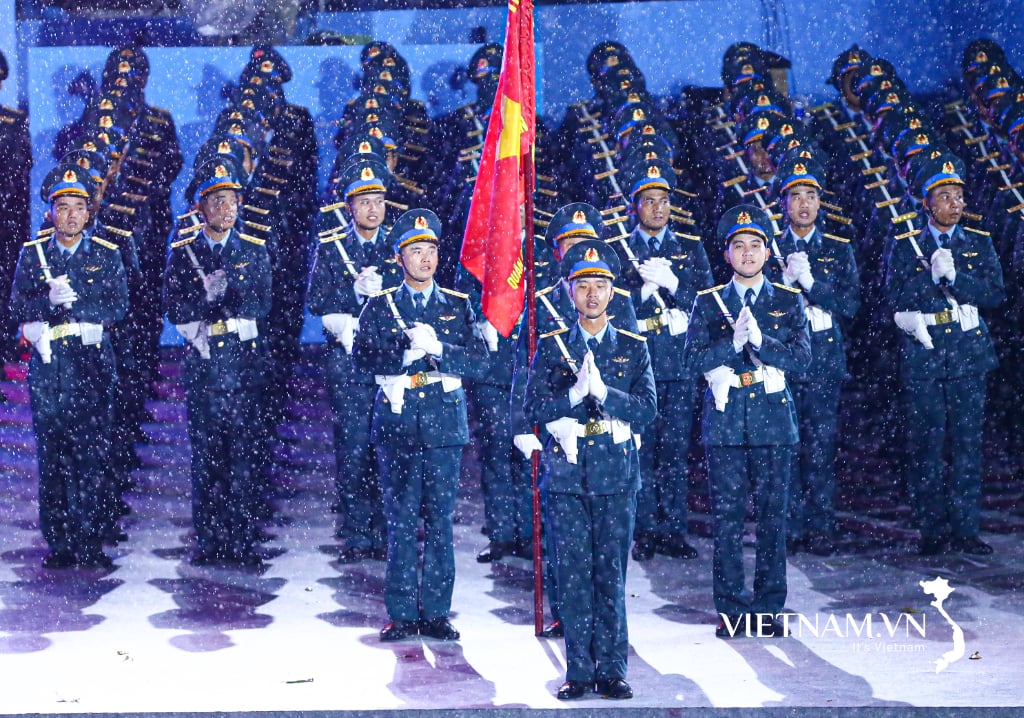
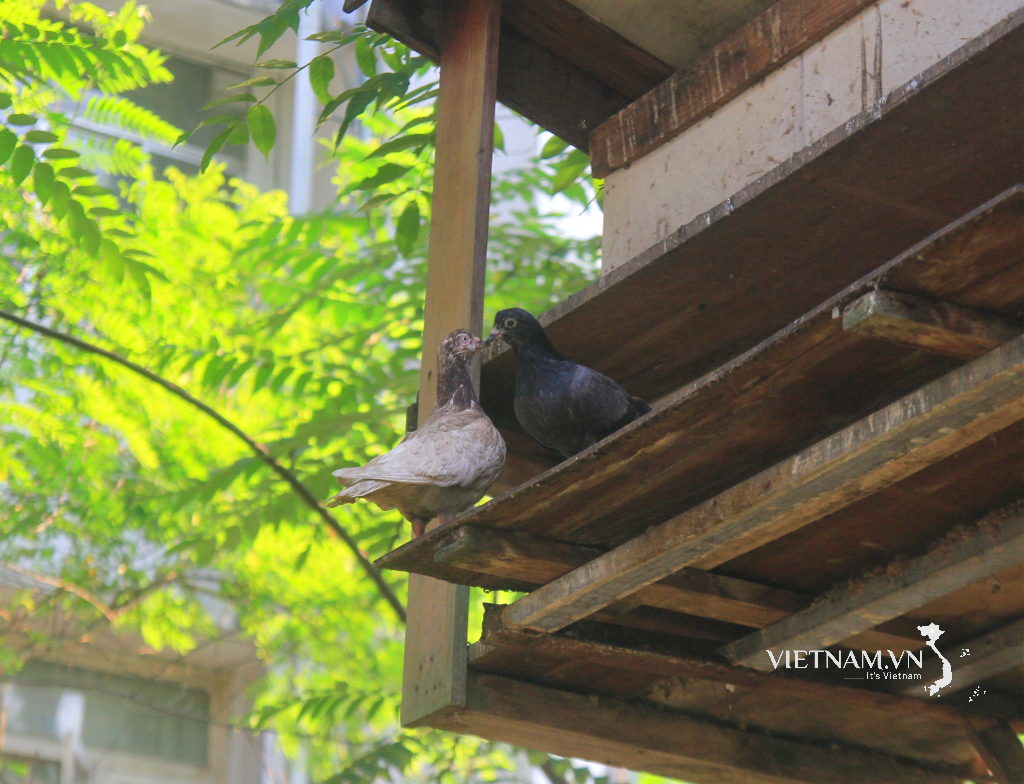


Comment (0)